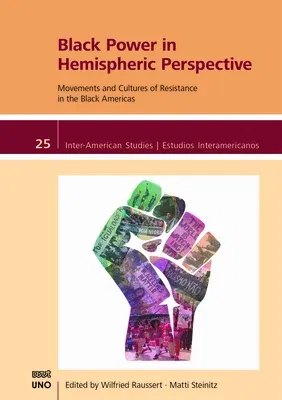When SNCC leader Stokely Carmichael first called for "Black Power" on a
Civil Rights march in 1966 he not only gave name to a movement that
shaped one of the most significant periods of the African American
struggle for freedom in the USA. His background as a son of migrants
from Trinidad and Tobago also gives an indication on the international
dimension of the Black Power movement. Black Power was informed by the
ideas of Afro-diasporic intellectuals and Pan-Africanists such as W.E.B.
DuBois, Marcus Garvey, Frantz Fanon, and Malcolm X. Deeply rooted in
practices of Black transnationalism, Black Power heralded a new era of
African American defiance, militancy, and cultural awareness, which
transcended the U.S. and left its footprints throughout the Hemisphere,
providing marginalized communities beyond national and cultural
boundaries with meaningful symbols of resistance and self-affirmation in
the face of racial oppression. Black Powers hemispheric impact
encouraged the emergence of musical genres, antiracist movements, and
border-crossing networks of solidarity among Afro-descendants in the
Caribbean, Latin and North America, and continues to be a source of
inspiration for the political and cultural expressions of the Black
Americas in the 21st century as manifested by the Black Lives Matter
movement. This compilation of essays by scholars and activists intends
to fill an important gap by addressing Black Power within a historical,
polyvocal and multi-locational approach shedding light on manifestations
of Black Power from Brazil, Canada, Colombia, Cuba, Jamaica, Panama,
Puerto Rico, Uruguay, the United States and their entanglements.

